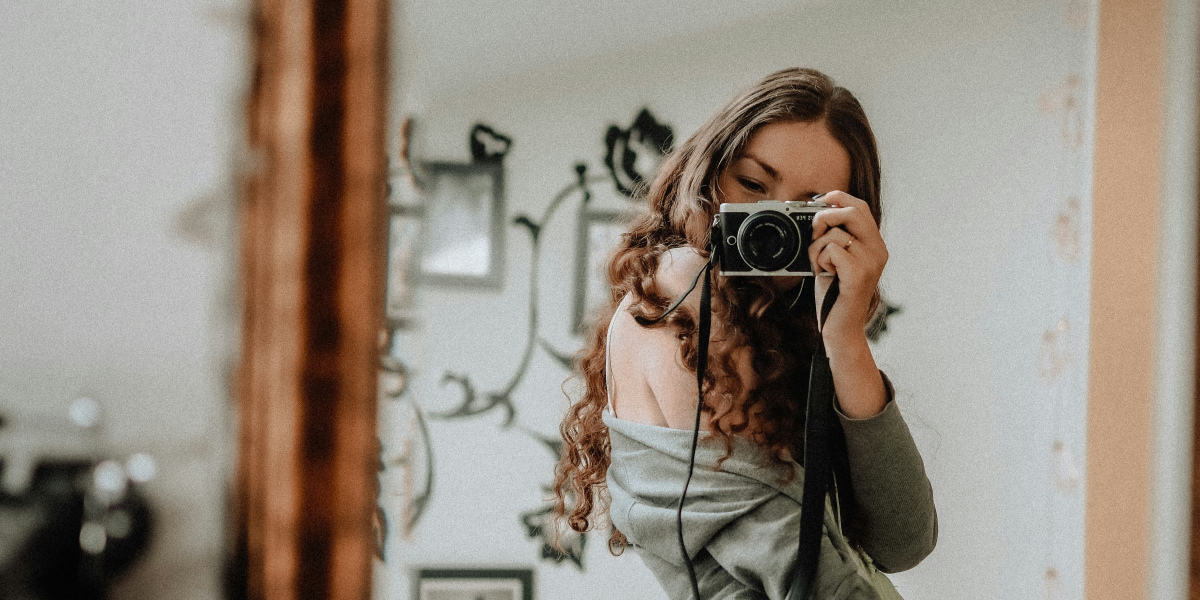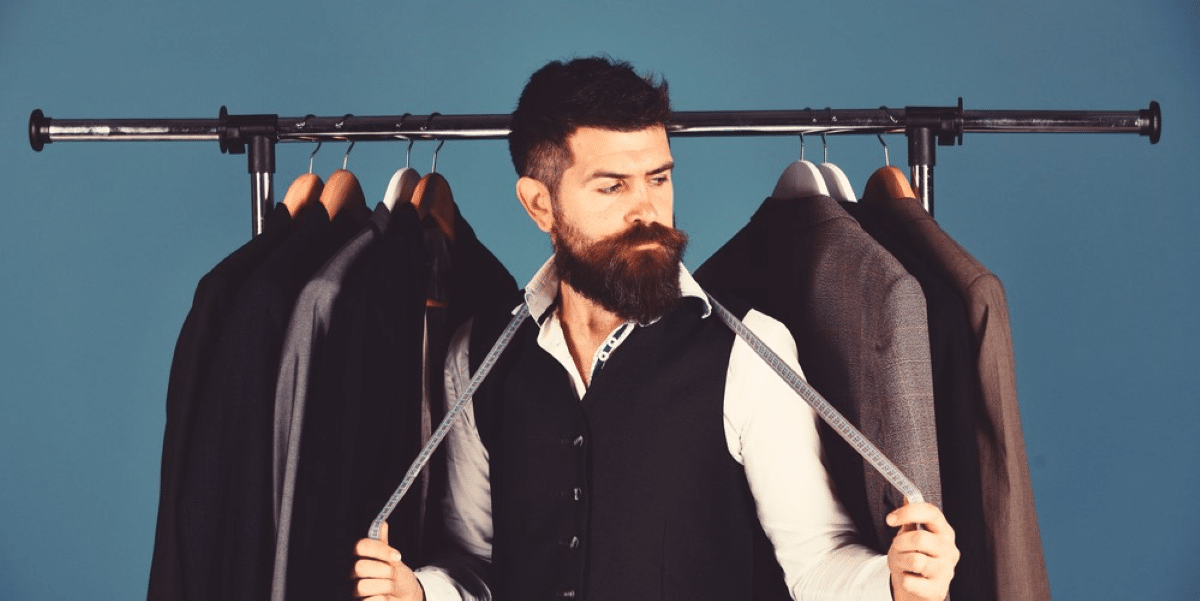Fashion’s Impact on Cultural Perceptions
In the ever-evolving landscape of societal dynamics, one cannot ignore the profound influence that fashion wields in shaping and reflecting cultural norms. From the way people dress to the trends that permeate various communities, fashion serves as a powerful vehicle for societal expression and evolution.
Setting Trends and Challenging Traditions
Fashion, as a cultural force, has the ability to set trends that either align with or challenge existing societal norms. Clothing choices often symbolize more than just personal style; they can signify rebellion, conformity, or a quest for individuality within the broader social context. In recent years, fashion has become a medium through which individuals express their values, beliefs, and identities, contributing to the ever-evolving saga of cultural transformation.
Redefining Beauty Standards
The fashion industry plays a pivotal role in shaping perceptions of beauty and body image. Models and influencers who dominate the fashion scene have the power to influence millions, contributing to the establishment of new beauty standards. The impact of these standards can be profound, influencing the way individuals perceive themselves and others. As societal norms surrounding body positivity and inclusivity evolve, fashion becomes both a reflection and catalyst for change.
Cultural Appropriation and Sensitivity
While fashion can be a tool for self-expression, it also has the potential to perpetuate cultural appropriation. The quest for inspiration sometimes leads to the adoption of elements from diverse cultures without proper understanding or respect. Sensitivity to cultural nuances is crucial in preventing the unintentional reinforcement of stereotypes and ensuring that fashion serves as a bridge rather than a divider in our diverse society.
Environmental Sustainability in Fashion
In recent years, there has been an unveiling of the environmental impact of the fashion industry. The quest for ever-evolving trends has led to concerns about waste, pollution, and unethical labor practices. As societal values shift towards sustainability, there is a growing demand for fashion brands to adopt eco-friendly practices. The industry’s response to this call for change not only reflects evolving norms but also contributes to the broader dialogue on ethical consumption.
Gender Fluidity and Fashion
Fashion has been instrumental in challenging traditional gender norms and promoting inclusivity. The landscape of fashion is gradually unveiling a more diverse and gender-fluid representation. Designers and brands are breaking free from conventional norms, creating clothing lines that cater to a spectrum of identities. This shift not only reflects changing attitudes towards gender but actively contributes to the ongoing societal conversation about inclusivity and acceptance.
Fashion’s role in shaping societal norms is undeniable, touching on aspects of culture, identity, and even environmental responsibility. As we navigate the ever-evolving saga of societal change, it is essential to recognize the power that fashion holds in influencing perceptions and driving conversations. Whether challenging traditions, redefining beauty standards, or embracing sustainability, the impact of fashion on societal norms remains a compelling force that continues to shape our shared narrative.






